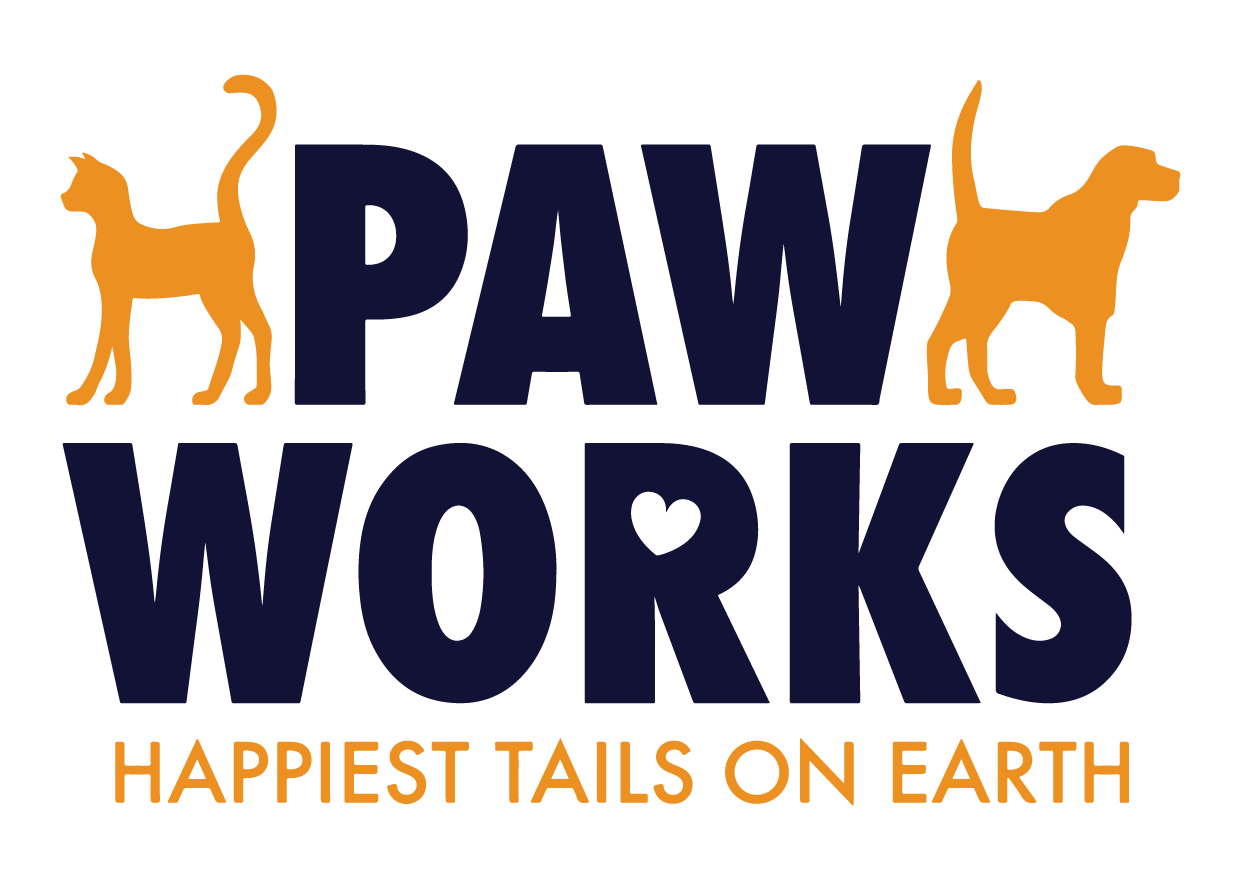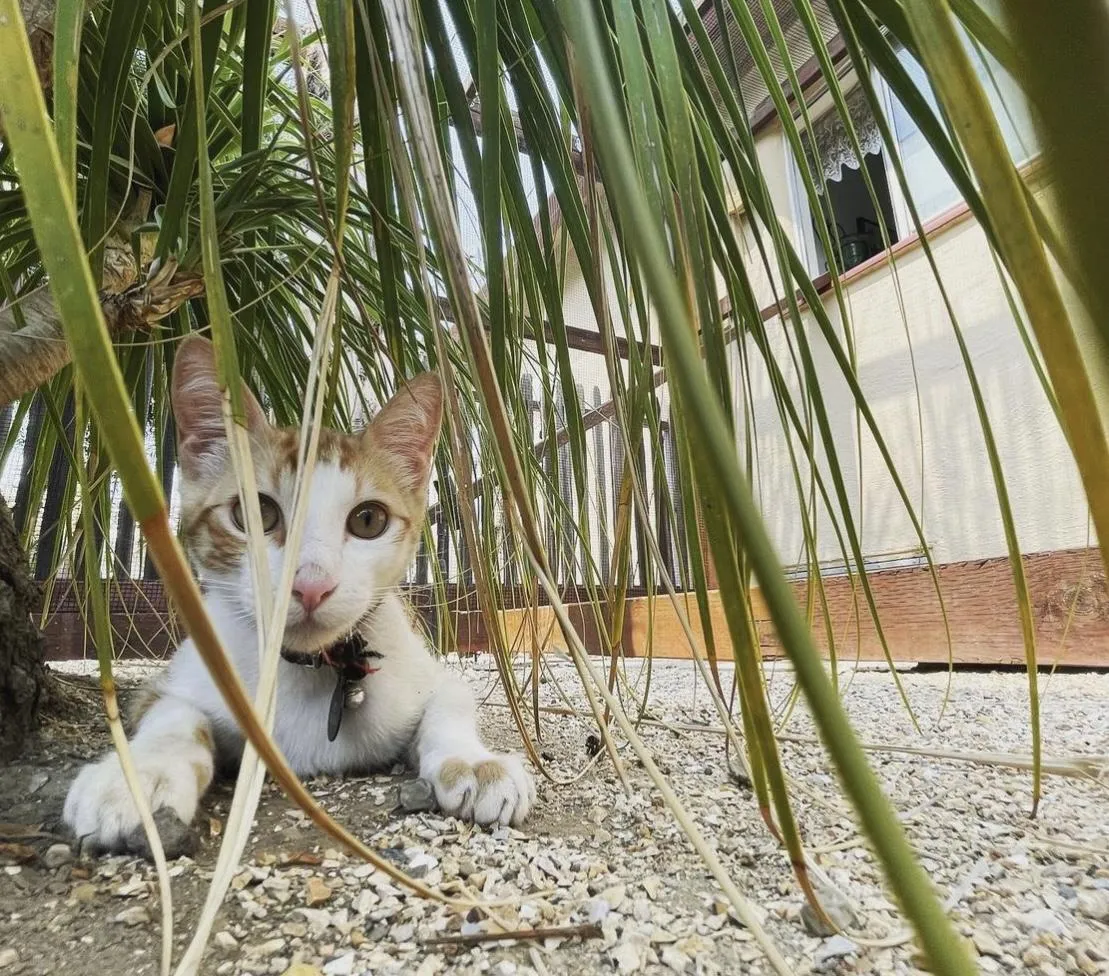

The Paw Works Blog
The Happiest Tails on Earth: Heartwarming Stories and Expert Tips for Pet Lovers

The Hidden Struggles of Indoor Cats: Why Enrichment Matters
The Hidden Struggles of Indoor Cats: Why Enrichment Matters

Picture living your whole life confined to the same space, with little change in your surroundings and few opportunities to experience new sights, sounds, or scents. For countless indoor cats, this is their everyday existence. While keeping cats indoors shields them from external dangers—such as cars, predators, and illness—it also limits their access to the natural stimulation they instinctively crave. Cats are inherently adventurous, driven to explore, hunt, and stay active. Without meaningful enrichment, both their mental and physical health can gradually decline.
For our cats, the outdoors is mostly out of reach. Indoor cats depend entirely on their environment and their owners to provide stimulation. Without variety, boredom and frustration can set in, potentially leading to stress, behavioral issues, and long-term health complications. This is why enrichment is so important.
What Is Cat Enrichment?
Cat enrichment refers to activities, objects, or spaces designed to engage your cat’s mind and body. It’s about creating opportunities for cats to act on their natural instincts—like climbing, scratching, chasing, and hunting. In an indoor environment, cats may not always get to exhibit these behaviors. This is where enrichment comes into play.
Effective enrichment can be as simple as interactive toys, scratching posts, or puzzles that encourage your cat to think and move. Enrichment isn't a one-time thing but rather an ongoing effort to keep your cat’s world interesting and stimulating. For indoor cats, whose environment can quickly become predictable, the need for continuous enrichment is even more critical.
The Dangers of Boredom and Lack of Enrichment
Without adequate enrichment, cats can experience boredom, which can lead to a range of negative physical and emotional effects. Boredom is more than just a passing state of mind—it can have real consequences for your cat's health and behavior.
● Mental and Emotional Distress: Cats that are not stimulated may experience anxiety, stress, or even depression. You might notice signs like hiding, over-grooming, excessive vocalization, or clingy behavior. Some cats may become aggressive or withdrawn as they struggle to cope with the monotony of their environment.
● Health Issues: Physical inactivity can lead to weight gain and related health issues such as obesity, joint problems, or diabetes. When a cat lacks exercise, their overall physical health can deteriorate, resulting in further complications.
● Destructive Behavior: Without the ability to express their natural instincts, cats may start to scratch furniture, chew on objects, or engage in other destructive behaviors. This is often their way of coping with the pent-up energy that isn’t being used productively.
● Aggression: A frustrated or bored cat might exhibit signs of aggression, such as hissing, swatting, or biting. When their environment doesn’t provide enough stimulation, they may lash out as a way to express their unmet needs.

Ways to Add Enrichment for Indoor Cats
Fortunately, there are many ways to provide your indoor cat with the enrichment they need. Here are a few ideas to keep your feline friend active, engaged, and happy:
● Interactive Playtime: Engage your cat with toys that mimic prey, like feather wands, laser pointers, or motorized toys. Regular playtime taps into their hunting instincts and helps them burn off energy while also strengthening your bond.
● Puzzle Feeders and Treat Dispensers: These feeders challenge your cat to “hunt” for their food, engaging their mind while keeping them physically active. They can also prevent overeating by slowing down mealtime and promoting healthy digestion.
● Leash Training: With proper training, some cats can learn to enjoy supervised walks on a leash. This gives them a safe way to explore the outdoors and engage with the sights, sounds, and smells of nature—without the risks associated with free-roaming.
● Vertical Spaces: Cats love to climb and perch. Providing vertical spaces like cat trees, shelves, or perches can give your cat the height they crave and a new perspective on their environment.
● Rotating Toys: Switching out toys regularly prevents your cat from losing interest. You can also rearrange furniture or create new hiding spots to keep things fresh.
● Scratching Posts and Furniture: Provide plenty of scratching options to satisfy their natural urge to scratch and keep their claws healthy. Scratching also helps reduce stress and allows them to mark their territory.

Catios: The Ultimate Enrichment Tool

One of the most effective ways to enrich your indoor cat’s life is with a catio. A catio is an enclosed outdoor space that allows cats to safely experience the outdoors. Catios offer the best of both worlds: your cat can enjoy the stimulation of the outside world—like watching birds, hearing the wind in the trees, or basking in the sun and in general experiencing different seasons—without being exposed to the risks of free-roaming.
A catio provides ever-changing stimuli, from shifting weather patterns to the movement of wildlife. The variety in sights, sounds, and smells keeps your cat’s senses engaged in ways that indoor life alone cannot. It also offers a safe environment for physical activity, allowing your cat to climb, jump, and explore. Whether your cat likes lounging in the sun or observing nature, a catio can fulfill many of their enrichment needs.
For the best experience, a catio should allow your cat to come and go as they please, ideally through an attached tunnel or a cat flap. This flexibility helps them enjoy the outdoors whenever they feel like it, without losing the comfort and safety of being indoors.
Enrichment is Key to a Happy Indoor Cat
Enrichment is essential to your indoor cat’s well-being. Providing activities that stimulate their mind and body not only prevents boredom but also reduces stress, improves health, and keeps your cat emotionally balanced. Whether it's interactive toys, puzzle feeders, or a secure outdoor space like a catio, your efforts to enrich their life will help your feline friend stay happy and healthy.
By recognizing the importance of enrichment and taking steps to provide a stimulating environment, you can give your indoor cat the fulfilling life they deserve. After all, a well-enriched cat is a content and thriving companion, and they’ll thank you with their purrs, playful antics, and peaceful rest.

Tax ID #46-4484336
Paw Works, Inc. © 2025 | All Rights Reserved | Website managed by the animal-loving folks at iMPRESSTech.
Tax ID #46-4484336



